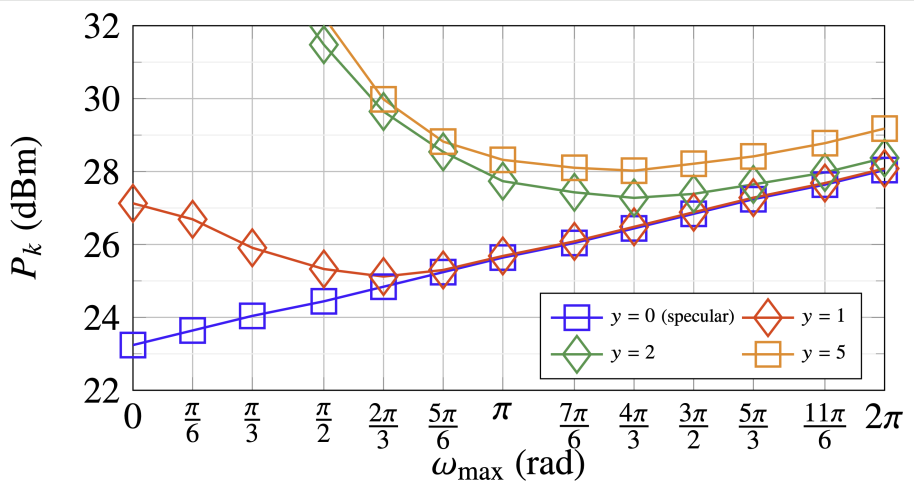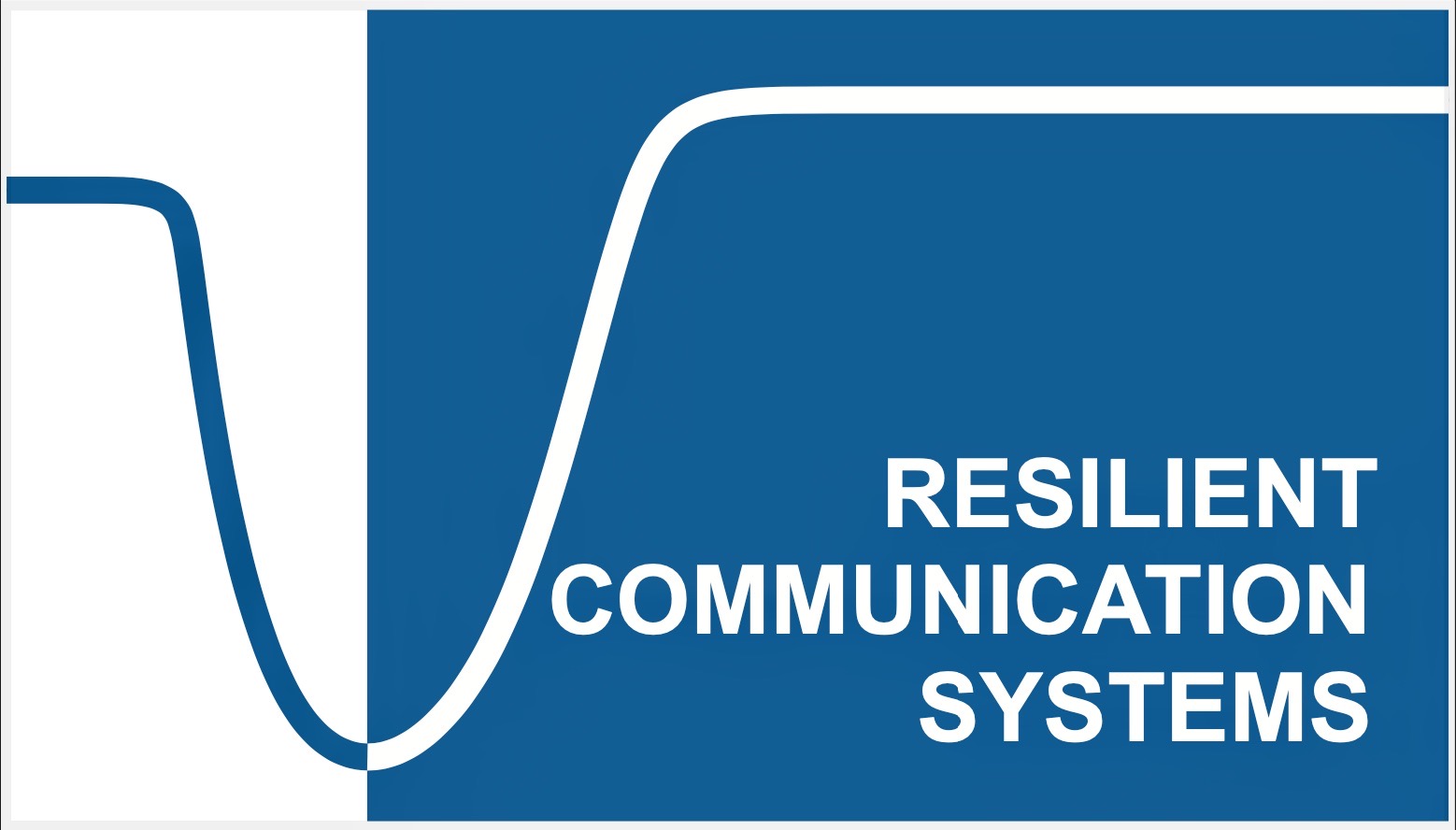Paper accepted: Liquid Crystal-Based RIS Loss-Trade-Off Analysis
The paper “Liquid Crystal-Based RIS Loss-Trade-Off Analysis” by Bowu Wang, Mohamadreza Delbari, Robin Neuder, Alejandro Jiménez-Sáez, and Vahid Jamali has been accepted for presentation at the 28th International Workshop on Smart Antennas
2025/10/02
On August 10, 2025, the paper “Liquid Crystal-Based RIS Loss-Trade-Off Analysis” authored by Bowu Wang, Mohamadreza Delbari, Robin Neuder, Alejandro Jiménez-Sáez, and Vahid Jamali was officially accepted for presentation at the 28th International Workshop on Smart Antennas (IWAS 2025) in Erlangen, Germany. The paper investigates fundamental trade-offs in Liquid Crystal-based RIS technology, with implications for efficient wireless communication at millimeter-wave frequencies.

Liquid crystal (LC) technology has emerged as a promising solution for large reconfigurable intelligent surfaces (RISs) at millimeter wave (mmWave) bands, offering advantages such as low power consumption, scalability, and continuously tunable phase shifts. For LC-RIS based on the delay-line architecture, i.e., with dedicated phase shifters, there exists a tradeoff between the maximum achievable phase-shift range and the corresponding insertion loss, which has not been studied for LC-RIS-assisted wireless systems yet. In this paper, we investigate this trade-off where a base station (BS) and an RIS are configured to minimize the transmit power while satisfying a given quality of service (QoS) for a number of users. Simulation results reveal a fundamental trade-off between the total transmit power and the achievable data rate as a function of the LC phase-shift range.

